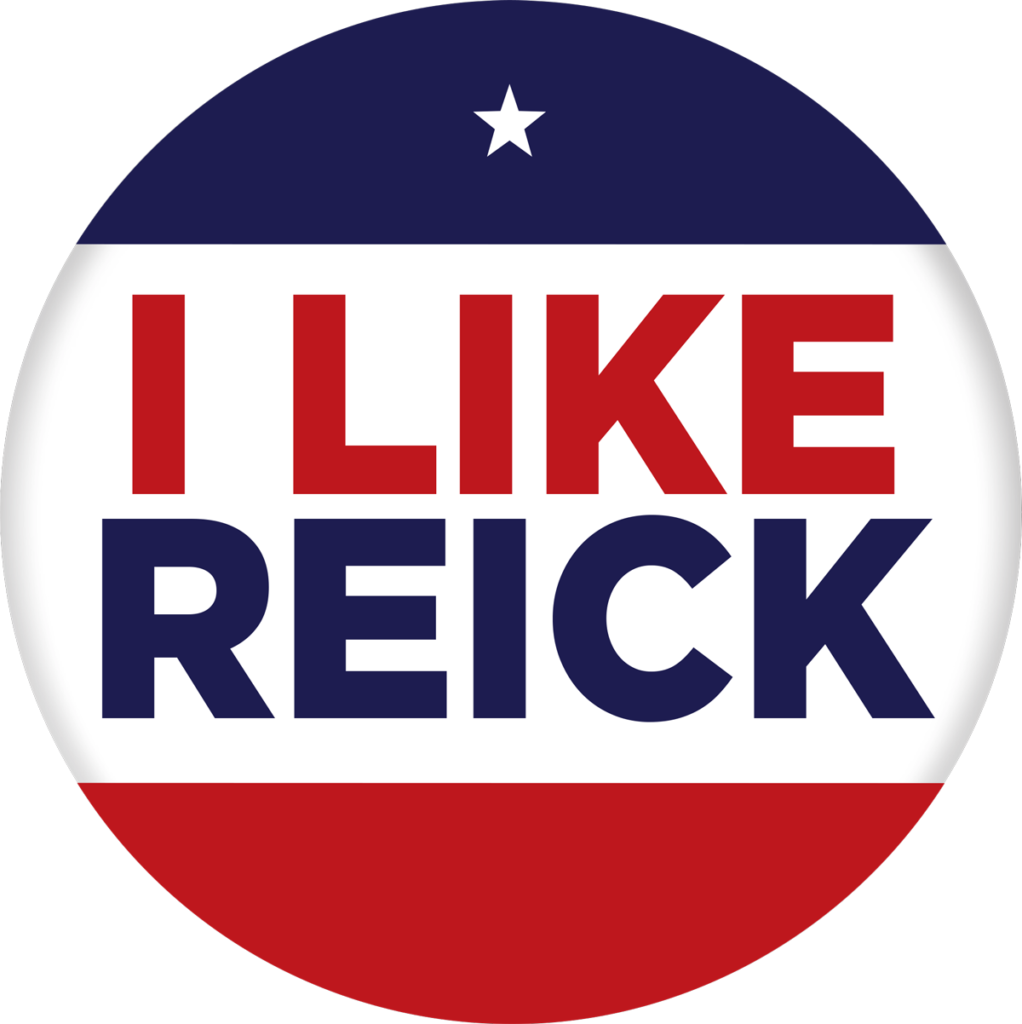Updates on Previous Posts

- County Board Chairman Joe Gottemoller is putting together a 5 member commission to devise the means by which a referendum reducing the number of townships in McHenry County from 17 to 8 can be placed on the 2016 ballot. The panel will consist of 3 members from the County Board, 1 township supervisor and 1 representative from McHenry County Citizens for Township Consolidation. While Joe’s insisting that all sides in the debate will be heard, I think we need some transparency from those who are pushing the issue. As I mentioned in my previous post, the Consolidation group has projected a $40 million saving over 10 years, but haven’t shown us their numbers. The price they should pay for a seat at the table is full disclosure of those projected savings before, not after the commission is seated. Let’s not be like Nancy Pelosi, needing to pass the referendum to see what’s in it.
- The second story touches on the issue of costs that get tacked onto every fine that’s paid through the circuit court system. It described a guy who paid $200 in court costs on a $50 speeding ticket. My post described having to pay $330 in court costs on a $150 fine for having not registered my dogs. The thing that still chaps me is that I had to pay double costs for the 2 dogs, even though I only appeared once in court. Circuit Clerk Kathy Keefe is quoted as saying:
“The purpose of [court costs] is so the users of the court system are paying to support the court system, rather than the taxpayer who’s never stepped foot in the courthouse in their entire life.”
I don’t argue with that, but when I looked at my bill, it included:
- Mental Health Court Fine: $10.00
- Drug Court Fine: $ 5.00
- Child Advocacy Center Fine: $13.00
- State Police Operations Assistance Fine: $15.00
- Traffic/Criminal Conviction Surcharge/Leads: $30.00
As the Herald points out:
“It’s important to note a legal distinction. Illinois courts have defined fees as the costs used to recoup the expenses of the incurred by the state for prosecuting these crimes. Fines, on the other hand, are penalties or punishments meted out by the judge.The clerk is authorized under state statute and by the County Board to levy these costs. However, in recent decisions, the Illinois Appellate Court has held if the “fee” has nothing to do with one’s case or charges, it is, in fact, a “fine.” Fines cannot be assessed by a clerk, and are, therefore, void.”
Read the article, it’s well worth your time.
- Finally, on Wednesday the Woodstock City Council once again rejected a prevailing wage ordinance. Even though, as was discussed previously, the City must abide by Illinois’ prevailing wage law whether it votes for it or not, this act of civil disobedience should not go unnoticed, and those who voted against the ordinance deserve our thanks. You can reach the members by going to the City Council’s website. Let them hear from you.
Illinoyances, always on the cutting edge; read it here today, it’ll be in the paper tomorrow.

There is a simple way for any Council Member to prove his objection to PW law: don’t vote for the projects.
Be on record that projects rendered unaffordable ( more than 120% of fair value cost ) will be voted down.
When enough work is lost due to unreasonable salary / benefit demands, demands may become less unreasonable.
When City managers pay lip service to objections but then go right ahead with spending on those projects anyway, it is transparent that the City managers have no truthful objection to the PW policy.
Property taxes in Woodstock are 4.6% of total home value. ( School Distiprict 200 taxes 2.7% of total home value).
Woodstock City property tax is 2% of EAV ( .66% of total home value) which is extraordinarily high by comparison to other City or Village tax rates.
Yet they are playing Lady Bountiful with Woodstock District 200 to offer a ‘donation’ toward an AstroTurf replacement for a functional grass ball field.
It is incomprehensible that Woodstock managers aren’t held to the fire to explain their apparent belief that there is no correlation between 4.6% property taxes and the failure of Woodstock to retain or attract businesses, or halt the precipitous slide of property values.